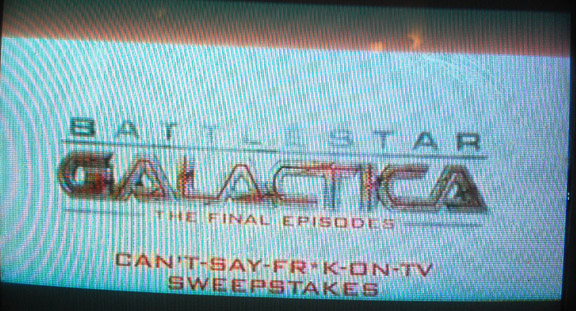Newsweek’s response to the Ongoing Clusterfuck is a fabulous new makeover:
Newsweek also plans to lean even more heavily on the appeal of big-name writers like Christopher Hitchens, Fareed Zakaria and George Will.
Starting in May, articles will be reorganized under four broad, new sections — one each for short takes, columnists and commentary, long reporting pieces like the cover articles, and culture — each with less compulsion to touch on the week’s biggest events. A new graphic feature on the last page, “The Bluffer’s Guide,†will tell readers how to sound as if they are knowledgeable on a current topic, whether they are or not.
You might as well buy some stock in the Washington Post Company right now, because I don’t see any way this plan could fail!

